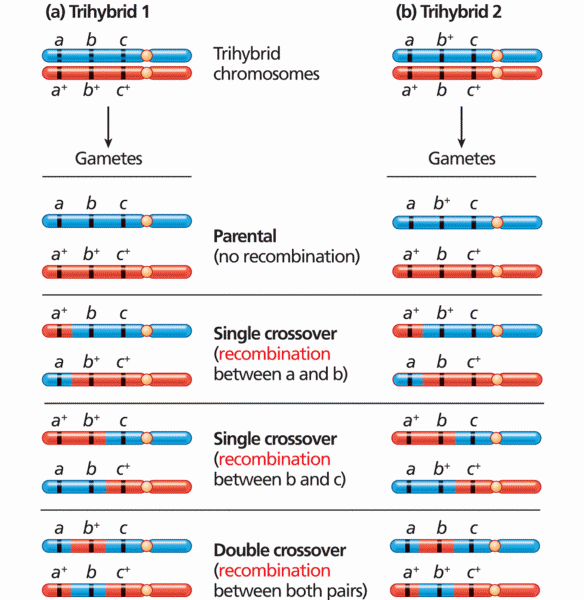Answer to Question 1
Correct Answer: 1
Rationale 1: Fluoroquinolones have been indicated as the cause of potentially fatal dysrhythmias after the administration of gatifloxacin and moxifloxacin. These two fluoroquinolones have been removed from the market.
Rationale 2: Fluoroquinolones have caused joint toxicity, and rupture of tendons has been reported. However, this has not caused the removal of fluoroquinolones from the market.
Rationale 3: Fluoroquinolones cause dizziness, headache, and sleep disturbances in a small number of clients. However, this adverse effect has not caused the removal of fluoroquinolones from the market.
Rationale 4: Fluoroquinolones are indicated in the development of moderate-to-severe phototoxicity in clients exposed to direct or indirect sunlight. However, it has not caused the removal of fluoroquinolones from the market.
Global Rationale: Some of the most serious adverse effects of drugs in this class are dysrhythmias (moxifloxacin). Several of the drugs in this class were removed from the market due to the potential for fatal dysrhythmias. Nearly all fluoroquinolones prolong the QT interval. Fluoroquinolones have caused joint toxicity, and rupture of tendons has been reported. However, this has not caused the removal of fluoroquinolones from the market. Fluoroquinolones cause dizziness, headache, and sleep disturbances in a small number of clients. However, this adverse effect has not caused the removal of fluoroquinolones from the market. Fluoroquinolones are indicated in the development of moderate-to-severe phototoxicity in clients exposed to direct or indirect sunlight. However, it has not caused the removal of fluoroquinolones from the market.
Answer to Question 2
Correct Answer: 1,2,3
Rationale 1: Mutations to DNA gyrase can alter its ability to bind fluoroquinolones, thus rendering the drug less effective.
Rationale 2: Some bacteria have developed resistance pumps that remove fluoroquinolones from inside their cells, thus rending the drug less effective.
Rationale 3: Some bacteria have developed a cell wall structure that is less permeable to the drugs, thus rendering the drug less effective.
Rationale 4: Mutations to DNA helicase have not rendered fluoroquinolones less effective.
Rationale 5: Improper administration of medication does not render the drug less effective.
Global Rationale: Mutations to DNA gyrase can alter its ability to bind fluoroquinolones, thus rendering the drug less effective. Some bacteria have developed resistance pumps that remove fluoroquinolones from inside their cells, thus rending the drug less effective. Some bacteria have developed a cell wall structure that is less permeable to the drugs, thus rendering the drug less effective. Mutations to DNA helicase have not rendered fluoroquinolones less effective. Improper administration of medication does not render the drug less effective.







